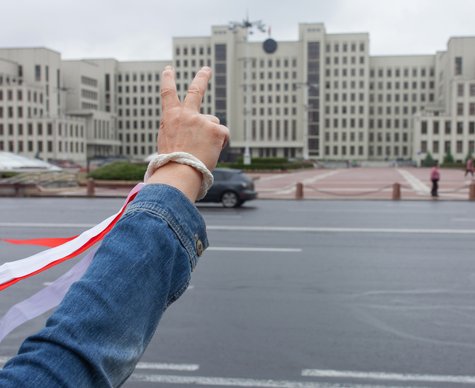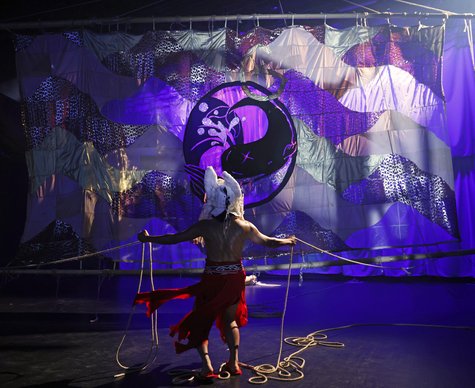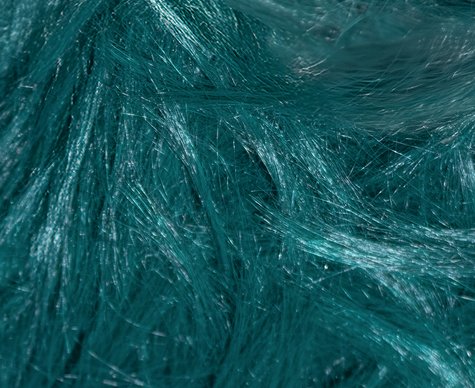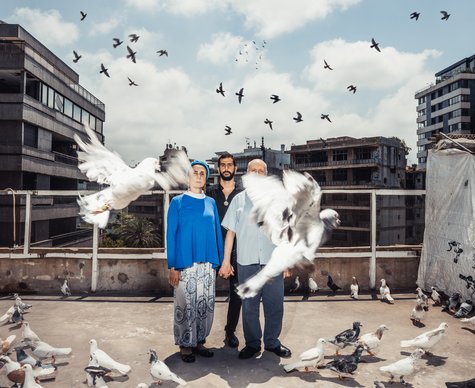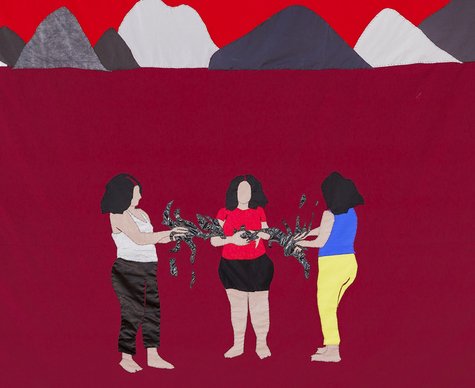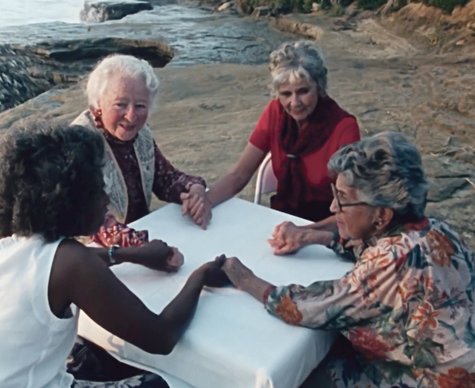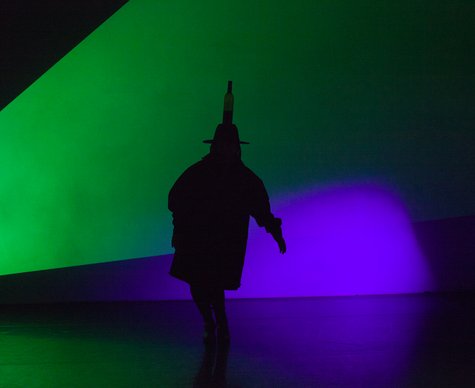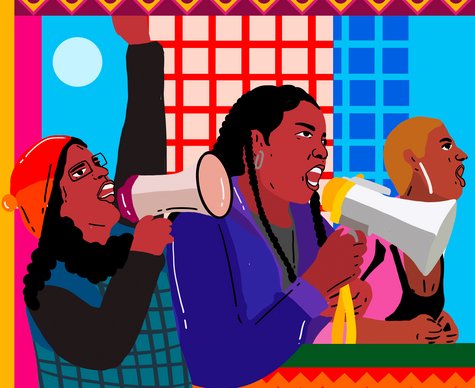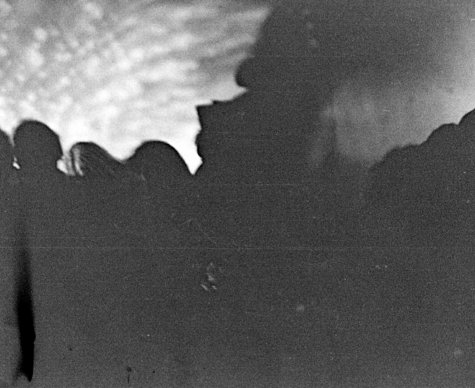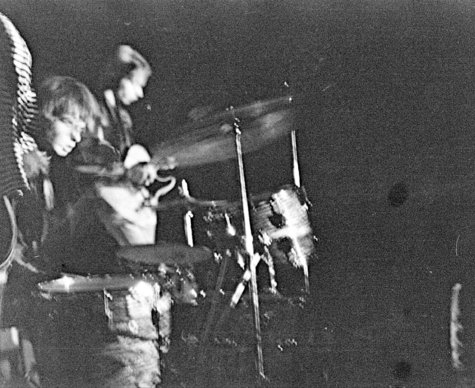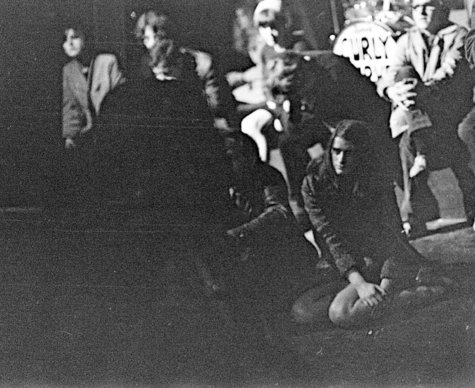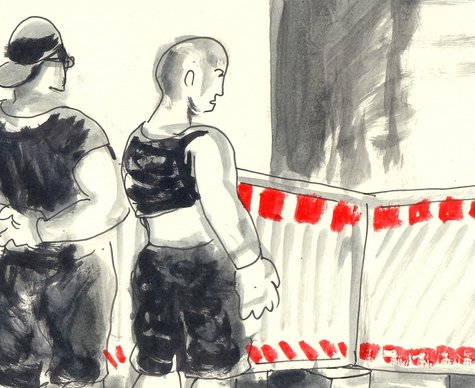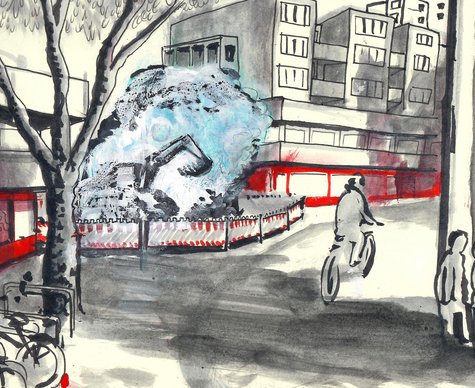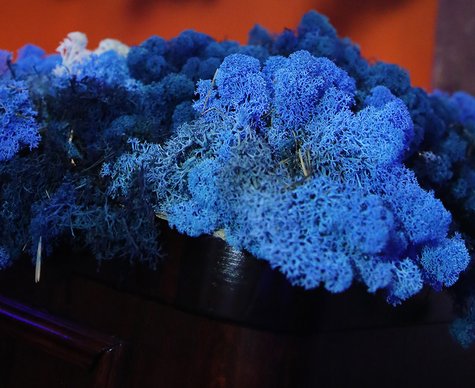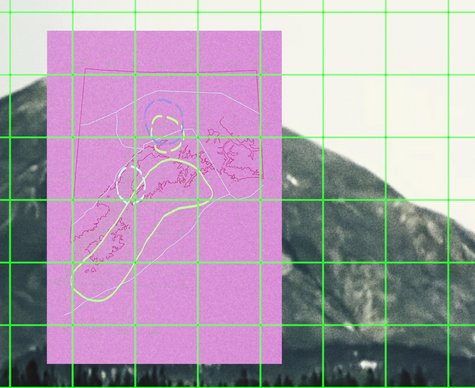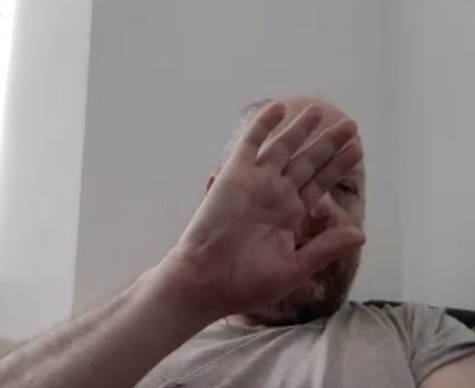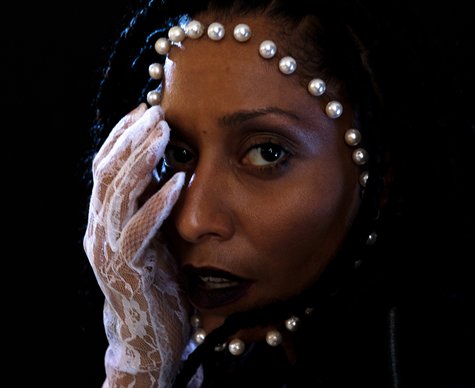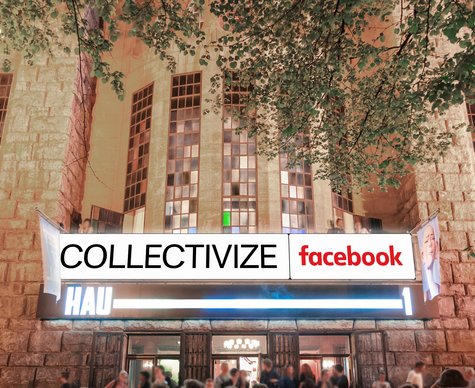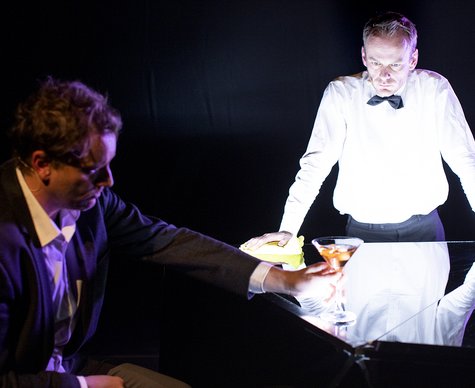CTM 2014 / Dis Continuity
Early Electronic Music in the Netherlands I-IV
Lecture by Kees Tazelaar with pieces by Edgard Varèse, Dick Raaijmakers, Gottfried Michael Koenig, Tom Dissevelt, Jan Boerman and more
- Music
- Dialogue
Kees Tazelaar, director of the Institute of Sonology in The Hague, will reconstruct the birth and evolution of electronic music in the Netherlands, which revolved around notable institutions such as the Philips Studios (which supported a laboratory of experimentation in sound and new technologies, assembling leading thinkers and researchers such as Iannis Xenakis, Le Corbusier, and Edgard Varèse during the postwar period), the Art Science Interfaculty, and the Institute of Sonology. The latter two remain bustling creative laboratories for forward-thinking artists and projects today.
A teacher at the Institute of Sonology in Utrecht (1981-83) and the Hague (1987-1989), student of Jan Boerman and Graduate of the Royal Conservatory in The Hague in 1993, and head of the Institute of Sonology in The Hague since 2006, Kees Tazelaar also creates his own compositions, and has contributed to music theatre projects by the late Dick Raaijmakers. In recent years, Tazelaar has worked intensively on restoring and reconstructing major electronic works from past luminaries such as Iannis Xenakis, Györgi Ligeti, Edgard Varèse, and Gottfried Michael Koenig to name a few.
Conceived by Tazelaar, the four-part programme on electronic music pioneers in the Netherlands provides a rare opportunity to learn about the region’s vibrant and interconnected developments throughout the 1950s-1980s and into the present day. Tazelaar’s personal connection to many of the protagonists themselves, and his intimate familiarity with their works and research, will be highlighted through an introductory lecture at the outset of the programme.
Following the lecture, Tazelaar presents multichannel diffusions of a wide selection of pioneering works curated especially by himself for the evening, providing a unique chance to experience works by an extensive cast of sound researchers and composers. Presented in three parts, each of the sound diffusion concerts also includes live performances.
In the Concert 1 programme, violinist and experimental musician Ekkehard Windrich performs a solo piece by Henk Badings, known for us his of unusual musical scales such as the octatonic scale, as well as the harmonic series from the eight to fifteenth overtone. Windrich is joined by pianist Frank Gutschmidt (regular performer with the Kammerensemble Neue Musik Berlin) in the Concert 2 programme, to perform a work by Gottfried Michael Koenig, a musician and composer who taught and was director and chairman of the electronic music studio at the University of Utrecht, which later became the Institute of Sonology. CTM is honoured to host the now 87 year-old Koenig, who has made a special trip to Berlin to be present for the work's presentation.
The third and final Concert 3 programme features a live sextet performance of Ton de Leeuw’s "Antiphonie for wind quintet and tape" (1960), a composition that is played in public for the first time since the year of its composition, as well as Luc Döbereiner’s "K2 for piano and computer", performed by the composer himself (on computer), with Frank Gutschmidt on piano.
Detailed programme schedule
15:00–16:00 Lecture
Kees Tazelaar – Early Electronic Music in the Netherlands
16:30–17:30 Concert 1
1. Jan Boerman (*1923) – Alliage, 13', tape (1959, studio TH Delft)
2. Ton de Leeuw (1926–1996) – Elektronische Studie, 7', tape (1957, studio NRU Hilversum)
3. Henk Badings (1907–1987) – Capriccio for violin and tape, 8' (1959, studio Philips Research Laboratories Eindhoven). Ekkehard Windrich: Violin
4. Dick Raaijmakers (1930–2013) – Fuel for the Future, 12', tape (1960, studio Philips Research Laboratories Eindhoven)
5. Jaap Spek (1929–2001) – Impulsen, 8', tape (1960, studio TH Delft)
6. Tom Dissevelt (1921–1989) – Gamelan, 5', tape (1963, STEM studio Utrecht University)
7. Edgard Varèse (1883–1965) / Le Corbusier (1887–1965) – Le poème électronique, 8', tape and video (1958, studio Philips ELA Eindhoven)
19:00–20:00 Concert 2
1. Ton Bruynèl (1934–1998) – Réflexes, 5', tape (1961, studio Bruynèl / STEM studio Utrecht University)
2. Will Eisma (*1929) – BTH3457, 5', tape (1963, CEM studio Bilthoven)
3. Gottfried Michael Koenig (*1926) – Segmente 99–105 for violin and piano, 15', (1982, Institute of Sonology Utrecht). Ekkehard Windrich: violin. Frank Gutschmidt: piano
4. Kees Tazelaar (*1962) – Projection, 13', tape (2009, Institute of Sonology Den Haag)
5. Dick Raaijmakers (1930–2013) – Canon 1, 5', tape (1964, studio Boerman/Raaijmakers Den Haag)
6. Jan Boerman (*1923) – De zee, 18', tape (1965, studio Boerman/Raaijmakers Den Haag)
20:30–21:30 Concert 3
1. Tom Dissevelt (1921–1989) – Ignition, 4', tape (1963, STEM studio Utrecht University)
2. Ton de Leeuw (1926–1996) – Antiphonie for wind quintet and tape, 15' (1960, studio Philips Research Laboratories Eindhoven).
Aaron Dan: flutes
Simon Strasser: oboe, oboe d’amore
Winfried Rager: clarinets
Alexander Hase: bassoon
Samuel Stoll: horn
Ekkehard Windrich: tape
3. Ton Bruynèl (1934–1998) – Résonance 1, 14', tape (1962, studio Bruynèl Utrecht)
4. Luc Döbereiner (*1984) – K2 for piano and computer, 9' (2009, Institute of Sonology Den Haag).
Frank Gutschmidt: piano
Luc Döbereiner: computer
5. Gottfried Michael Koenig (*1926) – Terminus II, 20', tape (1967, STEM studio Utrecht University)
Concert programs and sound diffusion: Kees Tazelaar
These concerts were made possible with financial support of Société Gavigniès
Gefördert aus Mitteln des Hauptstadtkulturfonds, der Initiative Musik, des Beauftragten des Bundes für Kultur und Medien, des Deutschen Musikrates und des Kulturprogramms der Europäischen Union. In Zusammenarbeit mit HAU Hebbel am Ufer, transmediale, Kulturprojekte Berlin, ECAS – European Cities of Advanced Sound, KIASMA – Museum für zeitgenössische Kunst in Helsinki, INA – GRM, EMS Stockholm, Institut für Sonologie am königlichen Konservatorium Den Haag und Dock Berlin.
Dates
Location
HAU1
Stresemannstr. 29, 10963 BerlinThere are two marked parking spots in front of the building. Access to the Parkett by means of a separate entrance with lift when necessary. Barrier-free restroom facilities are available. Tickets for wheelchair users and accompanying persons can be booked via the ticketing system. If you need any help, please contact our Ticketing & Service team at +49 (0)30 259004-27 or send us an email at
tickets@hebbel-am-ufer.de.


















